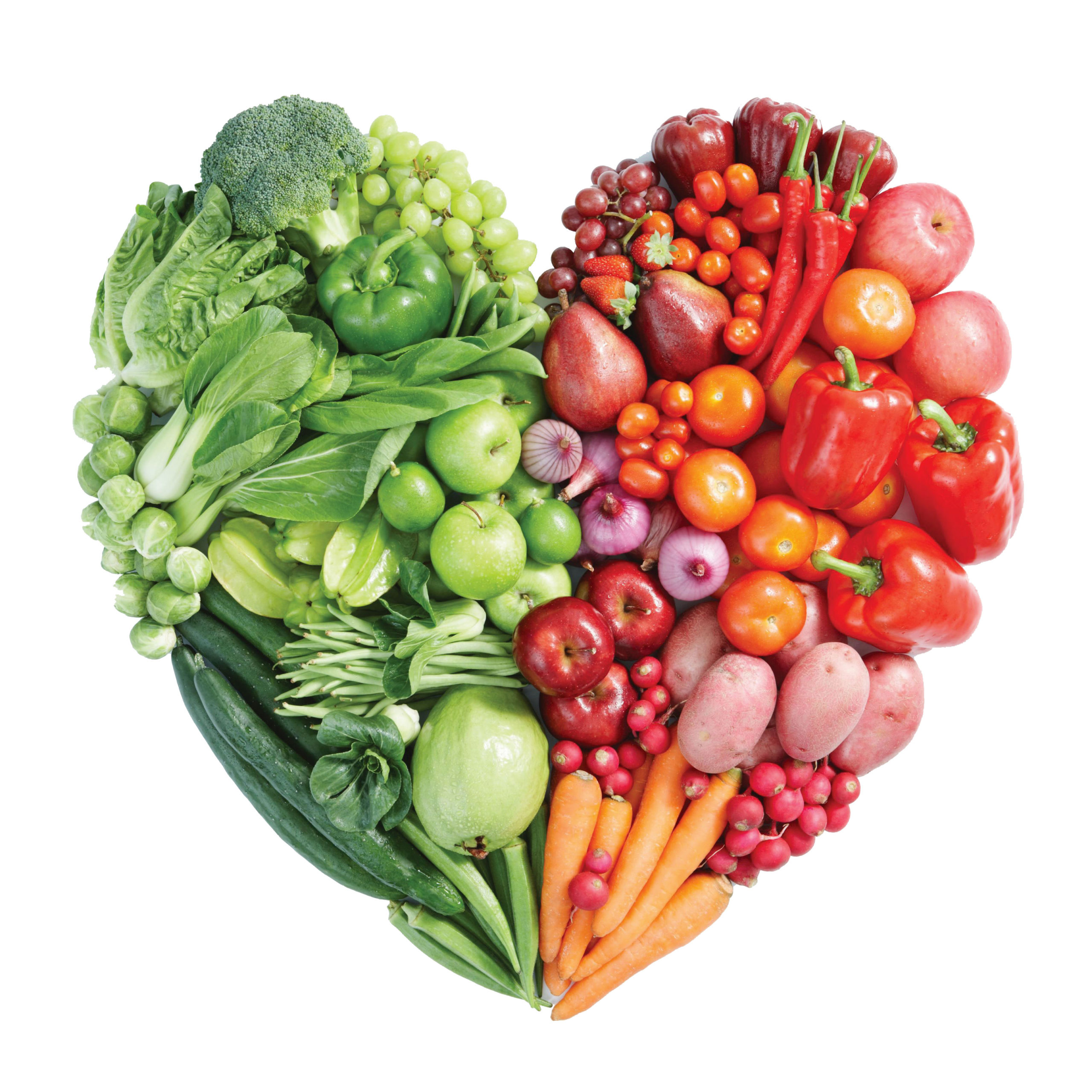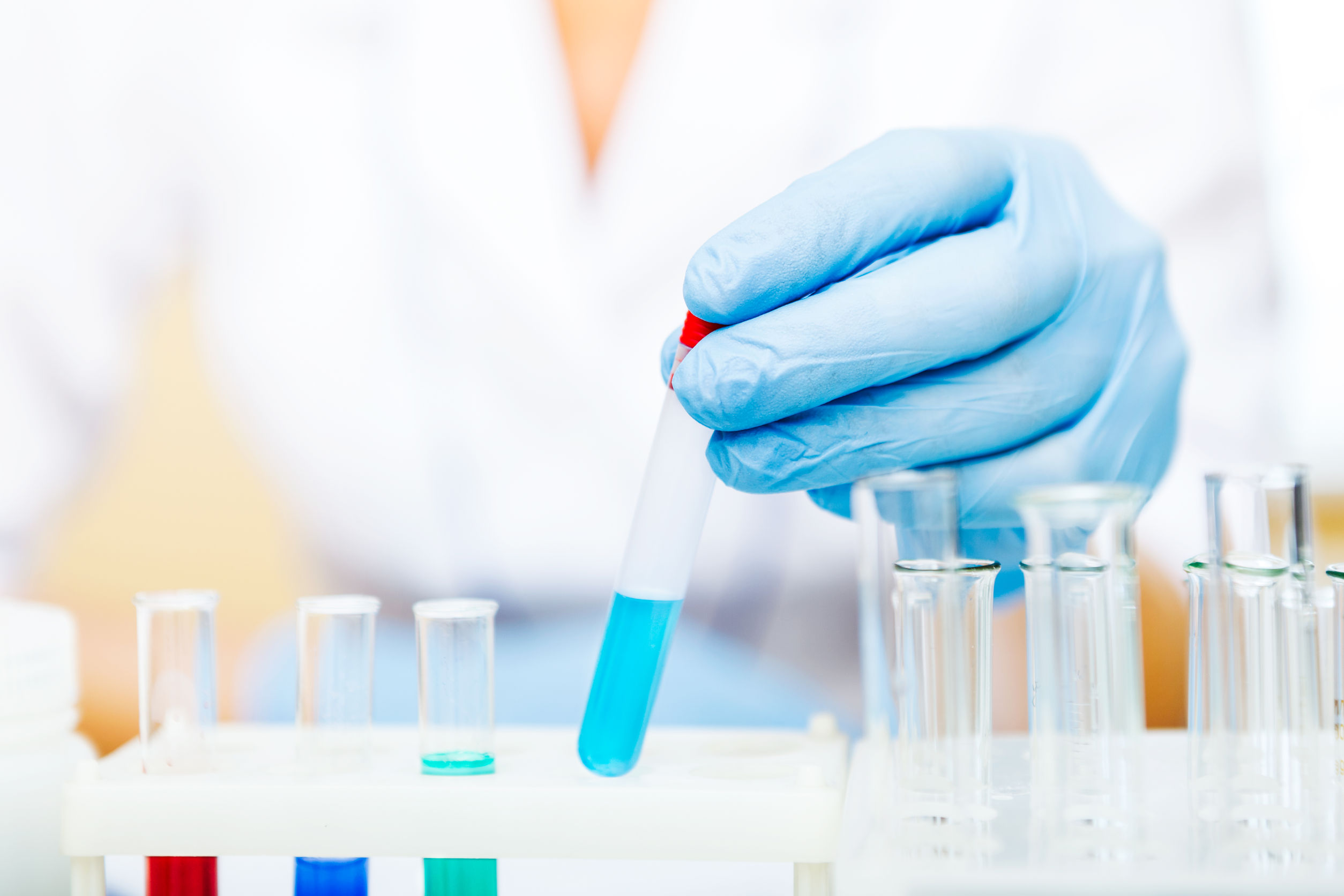Your Plan of Action – the natural approach
Make changes to your diet to slow further bone loss and in some cases, reverse the condition
Take appropriate supplements to maintain critical nutrients for bone health
Test your levels of nutrients and assess your digestion to ensure you are absorbing well from your food
Ensure you are following a good exercise plan to strengthen your bones
Best test options: Bone turnover test and Functional Nutritional Profile (including vitamin D)
What is osteoporosis?
The word osteoporosis literally means ‘porous bones’; in other words, bones that are filled with tiny pores, or holes. Our bones change constantly – breaking down and being rebuilt as part of the living process. Two kinds of cells are important for this process, and they are known as osteoclasts and osteoblasts. Osteoclasts renew old bone by dissolving or resorbing it, leaving an empty space. The osteoblasts then fill this empty space with new bone.
If the rate of renewal does not equal the rate of breakdown, bone loss occurs. If this continues over years, the result is osteoporosis. This rate of breakdown can be measured easily with a bone turnover urine test.
While traditionally considered to be a women’s disease, osteoporosis is also found in men, although normally to a lesser degree. Lifestyle is one of the main factors that is within your control, and adopting a few simple changes can go a long way towards protecting the health of your bones.
Are there any symptoms?
Unfortunately, the answer to this question may be no. Osteoporosis is often called a ‘silent disease’ because the first sign of the condition can be a fracture resulting from a minor accident. One patient told me that she discovered she had osteoporosis after breaking her ribs while sneezing. It has even been suggested that the majority of osteoporosis-related accidents are the result of the bone breaking, causing a fall, rather than the reverse.
This one of the reasons why testing – and prevention – are so important.
What is the cause?
There are a number of factors that can contribute to the development of osteoporosis. These include:
- heredity
- premature menopause
- lack of exercise
- smoking
- certain medication
- irregular menstrual cycles
- weight
- digestive problems
- poor diet
- certain foods and drinks
Can Nutrition help?
A good diet and exercise are key to maintaining bone health. If you have established osteoporosis, you will need to discuss medical treatment with your consultant. The natural approach can also help you to reduce the progression of the condition. If you have been told that you do not have osteoporosis and that your bones are normal, or just below (osteopenia), it is worth looking at your diet and lifestyle in order to either maintain that good bone density or to prevent a minor problem from becoming a major one. Progression of osteoporosis can have a major impact on your quality of life, so it is ideal to become aware of your diet and your bone health from a young age.
Calcium
Calcium is the first mineral we think of when it comes to bones. There is no doubt that you need good levels of calcium for bone formation. There is a lot of controversy over whether dairy is a good source. The fact is dairy is high in calcium, but for many reasons such as intolerance or preference, people may choose to avoid dairy. Natural yoghurt and milk have also never been shown to be acidic to the body. There are other sources however including almonds, chia seeds, tinned fish with bones, tofu and of course dairy alternatives that are fortified with calcium. But if your bones are already losing density, you may need to make a concerted effort to maintain calcium levels.
Calcium supplements may be advised. Some are better absorbed than others, particularly if you have poor digestion or lower stomach acid. In these cases, a calcium citrate would be better absorbed than calcium carbonate for example.
Magnesium
Magnesium is just as important as calcium for your bones. It helps in metabolising calcium and vitamin C and helps to convert vitamin D to the active form necessary to ensure that calcium is efficiently absorbed by your body. Not having enough magnesium can stop bone growth, decrease bone cell activity and make the bones more fragile. Magnesium also prevents the build-up of unwanted calcium deposits elsewhere in the body.
A good source of magnesium in the diet is nuts and seeds. It can also be used on the skin which is a good way to absorb magnesium. It is available as lotions or sprays or you can have a relaxing Epsom salt bath. Approximately 60% of patients tested in our clinic are deficient in magnesium. It is necessary to test the magnesium in your red cells (blood test) as a more accurate way of determining deficiency. Read our paper here on how and why to test magnesium and its important role in pregnancy.
Vitamin D
Vitamin D helps to regulate blood levels of both calcium and phosphorus. Without good levels of vitamin D you cannot absorb calcium from your food or your supplements. You may be getting plenty in your diet, but if your body thinks there is not enough in the blood, it will begin to leach it from your bones. Over time this will cause bone loss.
Be cautious when supplementing with vitamin D; it is important to tailor your supplement levels to meet your needs. Vitamin D can be toxic at high levels. In Winter, approximately 50% of Irish adults may be deficient but we also see people in clinic who have supplemented too much.
Boron
Boron is another mineral that is being widely studied in relation to osteoporosis. Research conducted by the US Department of Agriculture demonstrated that giving post-menopausal women boron supplements daily resulted in a 44 percent reduction in the amount of calcium excreted in their urine. The conclusions of this study were that boron improved the metabolism (the way it is used by the body) of both calcium and magnesium. Boron is found in alfalfa, kelp, cabbage and leafy greens.
Zinc
Zinc helps vitamin D absorb calcium. Zinc is needed for the proper formation of osteoclasts and osteoblasts, the two cells which are essential for bone remodelling. Zinc has found to be deficient in older people with osteoporosis. Sources of zinc include meat, chickpeas, pumpkin seeds, cashew nuts and other nuts and seeds. Zinc levels are often low in our patients, particularly those on a high plant diet or with other digestive issues where absorption is reduced. It is important to consider not only the food that goes in our mouths, but how much of it we are actualy benefiting from. In this way good digestion is especially important in osteoporosis.
Vitamin K
Low levels of circulating vitamin K have been linked with low bone density. Several studies have now shown that supplementation with vitamin K results may slow down bone loss in postmenopausal women, improve bone strength and reduce the risk of fractures. One study (Nurses’ Health Study) suggests that women who get at least 110 micrograms of vitamin K a day are 30% less likely to break a hip than women who get less than that.
The two main groups of vitamin K that occur naturally are vitamin K1 and K2. Vitmain K1 is found in leafy greens and brassica vegetables such as broccoli, cauliflower and cabbages. The good bacteria in our digestive system also help produce some vitamin K. Vitamin K2 is found in fish, meat and eggs and in Natto, a fermented soybean product).
Omega 3 Fatty Acids
Having good levels of omega-3 fatty acids can have a beneficial effect on calcium absorption and bone density. These fatty acids increase the absorption of calcium from the digestive system and reduce the excretion of calcium in urine. They can slow the loss of bone that happens around the menopause and it has been found that a diet which contains adequate amounts of calcium but not of essential fatty acids can increase the risk of osteoporosis.
In a ‘Western Diet’, we do not get enough omega-3 in our diet. It is much more common that we already have high levels of omega-6 which is found in processed foods, ready meals but also other foods like meats, breads, spreads and anything that contains or is cooked in oil. Eating at least two portions per week of oily fish is recommended to achieve good levels of omega-3. This includes mackerel, wild/ organic salmon, sardines, herring or anchovies. If you do not eat fish, a supplement containing over 500mg of each of EPA and DHA is useful.
Test Options
The bone turnover test (urine) is a measure of your current rate of bone loss. It is used widely in research and works best if you compare your levels again in a few months time to see if the protocol you are following is working for you. If not, you may need to make further changes to prevent further decline.
A Functional Nutritional Profile will measure your levels of critical minerals, omega-3 and omega-6 and vitamin D so that you can tailor your supplements appropriately. If you are generally low in minerals or have digestive issues, it may be worth looking at digestive tests as malabsorption is a important issue to address. We use a very comprehensive stool analysis and we also look at the small intestine with breath tests.
Where to start?
A bone turnover test is a good place to start. Find out what your current rate of bone loss is and then make steps to improve upon this as necessary. Take steps to improve your diet and see a qualified physiotherapist about exercises you can do that are safe and appropriate.



